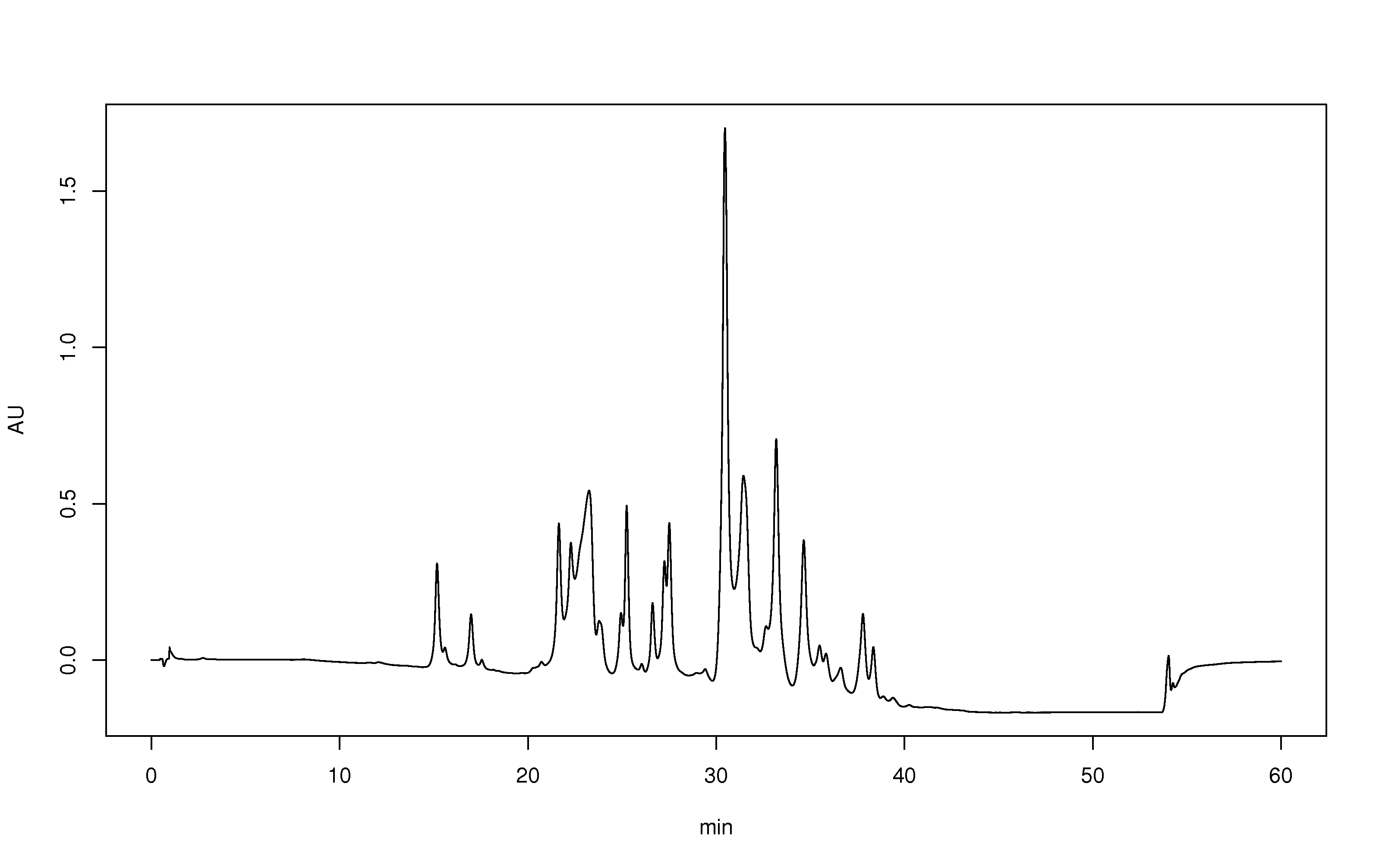Thermo Fisher Scientific Inc says the Center for Experimental Bioinformatics (CEBI) at the University of Southern Denmark is using Thermo Scientific nano-ultra high performance liquid chromatography (UHPLC) technology to accelerate productivity and improve efficiencies during its proteomics research.
Implementation of the Thermo Scientific EASY-nLC 1000 has enabled 34 percent more peptide and 22 percent more protein identifications within the CEBI laboratory, significantly increasing productivity. Additionally, the instrument has improved separations and facilitated the analysis of more complex samples within the laboratory.
Based in Odense, the University of Southern Denmark’s Department of Biochemistry and Molecular Biology is world-renowned in the field of proteomics, with research focusing on gene structure and organization, regulation and RNA translation. CEBI is a specialist proteomics research laboratory, aimed at applying modern methods of mass spectrometry and proteomics to functional analysis of genes.
Prior to implementing nano-UHPLC technology, CEBI used conventional HPLC. However they needed a more complete solution, such as EASY-nLC 1000, to accelerate productivity and improve efficiencies. The EASY-nLC 1000 is used in conjunction with Thermo Scientific ion trap and Orbitrap mass spectrometers for a wide range of proteomics research, including the study of complex mouse dendritic cells.
Using the EASY-nLC 1000 has allowed CEBI to take advantage of the ability to facilitate dedicated separation of biomolecules at ultra-high pressures. The higher operating pressures provided by the EASY-nLC 1000 have increased the number of peptide and protein identifications performed within the laboratory by 34 percent and 22 percent respectively. The instrument also allows selection of the most appropriate column dimensions and solid phase materials in order to identify the most suitable configuration to match analytical requirements. Using thinner, longer columns and smaller beads has improved separation and ionization, enhancing sensitivity and allowing the CEBI team to scale down experiments and reduce costs.
“The EASY-nLC 1000 is a highly robust instrument offering nano-UHPLC performance dedicated to proteomics scientists,” said Lasse Falkenby, research assistant at CEBI. “We decided to implement the new system in our laboratory as we felt that it would revolutionise the way we perform LC-MS analyses. The instrument has allowed our laboratory to increase productivity considerably in a way that would never have been possible before. Implementation was a very smooth process requiring minimal configuration effort and the Thermo Fisher Scientific team of experts provided valuable support both throughout and after this process.”
For more information, visit www.thermoscientific.com/easylc
Exploring science is typically characterized by a lot of puzzles, frustrations or even failures. This weblog is mainly intended to record my working, thinking and knowledge acquisitions. I expect that some reflection would refresh my mind from time to time, and motivate me to move further, and hopefully give me a better view about even changing the landscape of bioinformatics. You are welcome to leave some comments, good or bad, but hopefully something constructive. Enjoy your surfing!

Showing posts with label HPLC. Show all posts
Showing posts with label HPLC. Show all posts
Saturday, November 26, 2011
Saturday, July 9, 2011
HPLC 2011 highlights chromatography technologies
Thermo Fisher Scientific is to highlight its expanded offering of chromatography instruments, software and consumables, including the Accucore HPLC column range, at the HPLC 2011 event in Budapest.
The Accucore HPLC column range is said to enhance laboratory workflow and efficiency by providing increased sensitivity and peak resolution in columns that are compatible with almost any instrument.
Thermo Fisher Scientific will also showcase the Easy-NLC 1000 split-free nano-flow system for advanced proteomics research at HPLC 2011.
This system is said to increase chromatographic resolution and, as a result, protein and peptide identifications, with ultra-high-pressure operation.
The company will also highlight the Velos Pro linear ion trap and the Orbitrap Velos Pro hybrid FTMS mass spectrometers.
These systems are said to provide improved quantitative performance, faster scanning, trap higher energy collision dissociation (HCD) and enhanced robustness.
Thermo Fisher Scientific will also introduce the Q Exactive high-performance benchtop quadrupole-Orbitrap LC-MS/MS, which combines quadrupole precursor selection and high-resolution accurate mass (HR/AM) Orbitrap mass analysis to deliver high-confidence quantitative and qualitative workflows.
With the HR/AM Quanfirmation capability, the Q Exactive mass spectrometer can identify, quantify and confirm more trace-level peptides and proteins in complex mixtures in one analytical run.
The Orbitrap Elite hybrid mass spectrometer is said to provide the resolution and sensitivity required to improve the determination of the molecular weights of intact proteins within laboratories, as well as enable greater proteome coverage through improved protein, PTM and peptide identification, even at low abundances.
Read more: http://www.laboratorytalk.com/news/tel/tel185.html#ixzz1RfGDUTMa
Friday, December 10, 2010
Reversed Phase LC
Reversed-phase chromatography (RPC) has a non-polar stationary phase and an aqueous, moderately polar mobile phase. The name "reversed phase" has a historical background. In the 1970s most liquid chromatography was done on non-modified silica or alumina with a hydrophilic surface chemistry and a stronger affinity for polar compounds - hence it was considered "normal". The introduction of alkyl chains bonded covalently to the support surface reversed the elution order [2]. Now in RPC, polar compounds are eluted first while non-polar compounds are retained - hence "reversed phase". All of the mathematical and experimental considerations used in other chromatographic methods apply (ie separation resolution proportional to the column length). Today, reversed-phase column chromatography accounts for the vast majority of analysis performed in liquid chromatography.
Subscribe to:
Posts (Atom)

